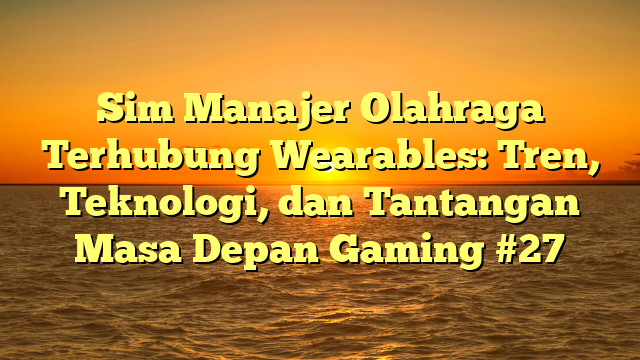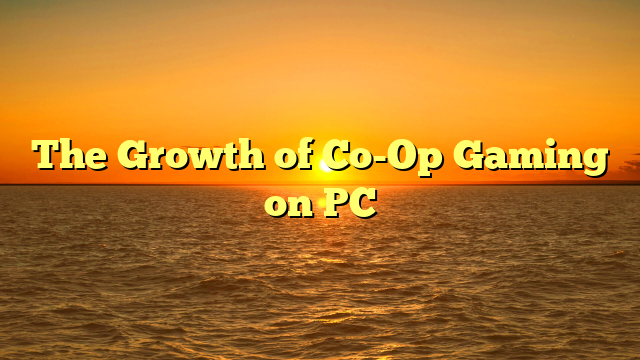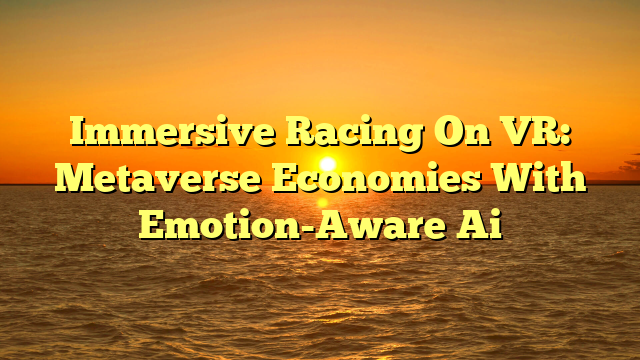
In the 21st century, politics has undergone profound transformations shaped by technology, shifting power dynamics, and rising citizen awareness. From the rise of populism to the influence of social media, today’s political landscape is more complex, interconnected, and fast-paced than ever before. These changes have created new challenges—and opportunities—for democracies, authoritarian regimes, and the global order.
naga2000 of Populism and Nationalism
One of the most significant developments in global politics over the past decade has been the surge of populist movements. Politicians across the ideological spectrum have capitalized on public dissatisfaction with traditional elites and institutions. In countries like the United States, Brazil, Hungary, and India, leaders have used nationalist rhetoric to galvanize support, often portraying themselves as champions of the “common people” against corrupt or out-of-touch establishments.
This shift has challenged long-standing norms of liberal democracy. Populist leaders often weaken checks and balances, attack the media, and undermine judicial independence, leading to what some scholars call “democratic backsliding.” While these leaders claim to restore national pride and protect sovereignty, critics argue that their policies risk eroding civil liberties and democratic institutions.
Technology and the Information War
Another key force reshaping politics is the impact of technology—especially social media. Platforms like Twitter, Facebook, and TikTok have revolutionized how political messages are shared, allowing leaders to communicate directly with the public. This has increased transparency but also enabled the spread of misinformation and propaganda at unprecedented speed.
Disinformation campaigns, often backed by foreign powers, have interfered with elections and deepened political polarization. Algorithms that favor sensational content have created echo chambers, where people are exposed only to views they already agree with. As a result, public discourse has become more fragmented and tribal, making consensus and compromise increasingly difficult.
Governments are now grappling with how to regulate digital platforms without infringing on free speech—a delicate balance that continues to provoke fierce debate worldwide.
Geopolitical Shifts and Power Competition
On the international stage, the post-Cold War unipolar world led by the United States is giving way to a more multipolar order. China’s economic and military rise, Russia’s aggressive foreign policy, and the increasing influence of middle powers like Turkey and India are redefining global alliances and tensions.
The rivalry between the U.S. and China, in particular, has emerged as the defining feature of current geopolitics. This competition spans trade, technology, military strategy, and influence in international organizations. While some analysts fear a new Cold War, others argue that economic interdependence makes direct conflict less likely—but the risk of regional confrontations, such as in Taiwan or the South China Sea, remains real.
Meanwhile, global challenges like climate change, pandemics, and migration require cooperation beyond borders, creating a paradox: while international collaboration is more necessary than ever, nationalist and protectionist tendencies are on the rise.
Citizen Engagement and Activism
Despite—or perhaps because of—these global uncertainties, citizen engagement in politics has grown. From youth-led climate movements to widespread protests against racial injustice and authoritarian rule, people around the world are demanding change. Digital tools have empowered grassroots activism, allowing individuals to organize, mobilize, and hold governments accountable.
In democratic societies, this has led to increased voter turnout, especially among younger generations. In authoritarian contexts, it has spurred bold resistance, such as the protests in Hong Kong, Belarus, and Iran. While such movements often face brutal crackdowns, they demonstrate the enduring human desire for freedom, dignity, and justice.
Conclusion
Politics today is in flux. The world faces overlapping crises—economic, environmental, and geopolitical—that test the resilience of political systems. As traditional norms are questioned and new technologies reshape how we govern, the need for informed, engaged, and responsible citizenship is more critical than ever.
Ultimately, the future of politics will depend not only on leaders but on the actions of ordinary people. Whether democracy flourishes or falters in the years ahead will hinge on our collective ability to navigate uncertainty, bridge divides, and build systems that are more inclusive, transparent, and just.





